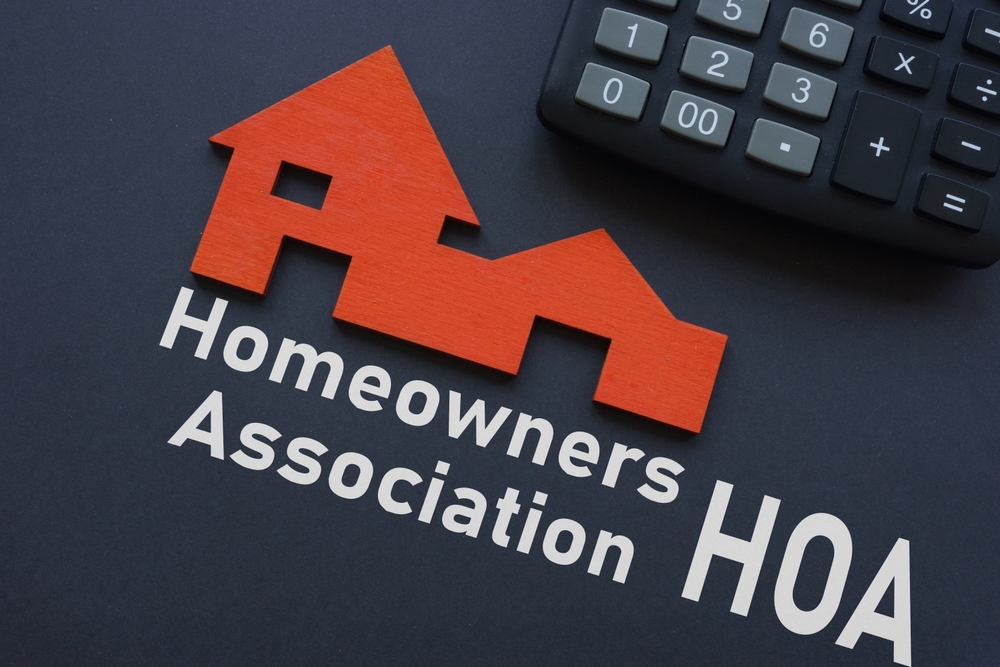Homeowners Associations (HOAs) play a crucial role in maintaining community standards and property values. However, disputes between homeowners and HOA boards are not uncommon. Understanding the dispute resolution process can empower both homeowners and boards to reach amicable solutions while avoiding costly litigation.
Understanding HOA Disputes
Disputes can arise over various issues, including:
Architectural Changes: Homeowners seeking modifications that conflict with HOA guidelines.
Maintenance Responsibilities: Disagreements over who is responsible for repairs and upkeep.
Rule Enforcement: Perceived inconsistencies or unfairness in rule enforcement by the board.
Financial Concerns: Disputes over special assessments, fines, or fees.
Effective HOA Dispute Resolution Strategies
- Review Governing Documents: Before taking any action, thoroughly review your HOA’s governing documents, including the Declaration of Covenants, Conditions, and Restrictions (CC&Rs), bylaws, and rules. These documents outline the rights and responsibilities of both homeowners and the board.
- Open Communication: Initiate a dialogue with the HOA board. Clearly explain your concerns and seek clarification on their position. Often, misunderstandings can be resolved through direct communication.
- Mediation: If direct communication fails, consider mediation. This involves a neutral third party who facilitates discussions between the homeowner and the board to reach a mutually agreeable solution. Many HOAs have a mandatory mediation process outlined in their governing documents.
- Arbitration: If mediation is unsuccessful or unavailable, arbitration may be the next step. This involves a neutral third party (arbitrator) who hears both sides of the dispute and makes a binding decision.
- Litigation: As a last resort, legal action may be necessary. However, this is usually the most expensive and time-consuming option.
Tips for Homeowners
Document Everything. Keep records of all communications with the board, including emails, letters, and meeting minutes.
Seek Legal Counsel. Consult with an attorney specializing in HOA law to understand your rights and options.
Attend HOA Meetings. Participate in board meetings to voice your concerns and stay informed about community issues.
Tips for HOA Boards
Enforce Rules Consistently. Avoid selective enforcement, which can lead to accusations of favoritism or discrimination.
Be Transparent. Communicate clearly with homeowners about rule changes, financial matters, and board decisions.
Offer Mediation. Consider offering mediation as an early intervention tool to resolve disputes before they escalate.
The Legal Considerations
HOA disputes are governed by a combination of state laws, the HOA’s governing documents, and sometimes local ordinances. Familiarize yourself with the relevant laws in your state.
In Texas, for example, the Texas Property Code contains specific provisions regarding HOA dispute resolution.
Your HOA Dispute Resolution Partner | Manning and Meyers
At Manning and Meyers, we understand the complexities of HOA disputes. Our team of experienced HOA law attorneys is dedicated to providing comprehensive legal representation to both homeowners and HOA boards. We strive to achieve efficient and cost-effective resolutions through negotiation, mediation, and, when necessary, litigation.
If you are facing an HOA dispute, don’t hesitate to contact Manning and Meyers. We are here to protect your rights and guide you through the dispute resolution process. We are committed to helping you navigate the complexities of HOA disputes and achieve a fair resolution. Reach out today for a consultation.


